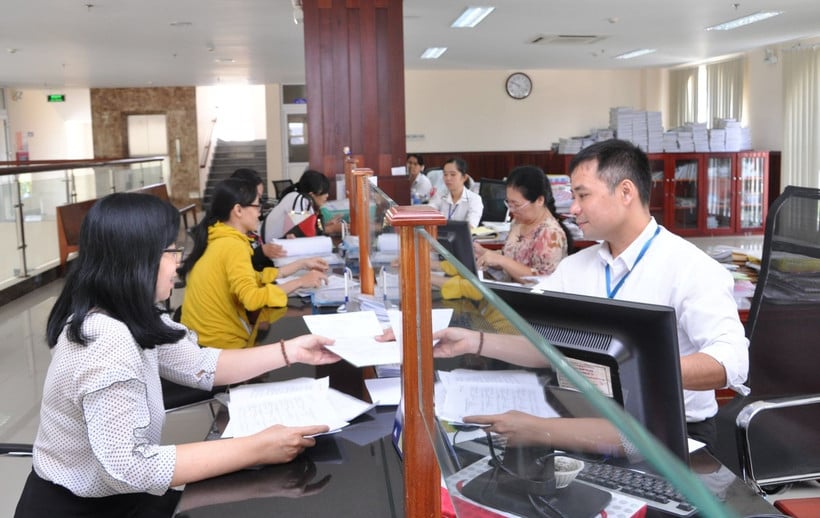
According to information from the Tax Department, in principle, the tax calculation method of business households is similar to that of enterprises paying taxes by the direct method. The big difference lies in the fact that small and medium-sized enterprises pay corporate income tax on taxable income (excluding expenses) and pay value added tax by the deduction method and implement the accounting regime (opening accounting accounts, financial statements, accounting books, accounting documents).
Meanwhile, all business households regardless of size, including business households with a scale equivalent to small and medium enterprises (such as business households in the fields of agriculture , forestry, fisheries; industry, construction with revenue over 3 billion VND or in the field of trade and services with revenue over 10 billion VND) all pay personal income tax, value added tax by the direct method on revenue, may not implement the accounting regime (business households pay lump-sum tax) or implement a simple accounting regime, keep single books, do not have to open accounting accounts, prepare financial statements.
Thus, tax policies and tax administration for business households compared to enterprises also have differences. The current legal policy system creates relative differences between business households and enterprises, reflected in the following aspects: registration procedures, tax obligations and invoices, accounting regime, and specialized management regulations.
Specifically: regarding business registration and tax registration, business households register at the district/county finance-planning office (from July 1, 2025, business households can submit business registration applications and receive results at the commune/ward finance-planning office where the business household has its headquarters), simple documents (business registration application, identification papers of the household owner...) and fast registration issuance time (3 days). Meanwhile, businesses register at the provincial business registration office, with more complicated documents (business registration application, charter, list of members/shareholders...), but are also processed within 3 days if valid.

Regarding tax registration, the law allows a one-stop mechanism: when registering a business or business household, tax information is transferred to the tax authority to simultaneously issue a tax code. However, in reality, there is still a situation of business registration but not tax registration for business households, due to the lack of close coordination between the tax authority and business registration in the past (before July 1, 2023 when the interconnection procedure between business registration and tax registration had not been implemented).
Regarding the accounting and invoice regime, enterprises (including micro-enterprises) must implement the accounting regime according to regulations and use electronic invoices for all sales and service transactions (except for some special cases). Meanwhile, most business households (groups paying lump-sum tax) do not have to keep accounting books, only declare revenue for the tax authority to determine; if invoices are needed, the tax authority will issue them individually. Only business households that declare use electronic invoices regularly and record revenue and expenses fully like enterprises.
This difference leads to a much lower level of transparency in revenue and expenses for business households than for enterprises, causing difficulties for tax management and creating loopholes for some business households to take advantage of by declaring low revenue to reduce taxes payable.
Regarding the method of calculating tax , the Tax Department said that enterprises can choose the deduction method (calculating tax on income and deductible value added tax) or the direct method on revenue. Business households basically calculate tax on revenue (contract or direct declaration), there is no personal income tax mechanism calculated on income after deducting expenses similar to corporate income tax unless they switch to a business model.
This creates a difference: Enterprises are allowed to deduct reasonable expenses when calculating taxes, while business households pay taxes at a fixed rate on revenue, so the actual total tax rate is lower but does not take into account the cost factor. Many opinions suggest that it is necessary to allow business households to deduct expenses when calculating personal income tax to encourage them to expand their business, or reduce the personal income tax rate for large business households to approach the corporate income tax rate.
Regarding other obligations and management, the Tax Department puts businesses under stricter management regarding social insurance for employees, fire prevention, labor safety, prevention of fake invoices and documents..., while business households are often not fully inspected and checked for these obligations.
On the other hand, some preferential and supportive regulations only apply to enterprises and do not cover business households (for example, preferential corporate income tax for small and medium enterprises, interest rate support, business premises, etc.). This difference leads to the mentality that many households do not want to convert to enterprises because they think that the business household model is more beneficial in terms of tax obligations (low lump-sum tax) and is less subject to inspection and constraints.
In general, the current legal framework distinguishes between business households and enterprises based on legal form rather than the nature and scale of business, leading to a lack of fairness between the types. This has unintentionally created an advantage for doing business in the form of business households compared to establishing enterprises, becoming a barrier that makes many households reluctant to convert to enterprises. Therefore, one of the important tasks of the Project is to gradually narrow the policy gap between business households and enterprises, moving towards managing business households in a direction similar to enterprises in terms of tax obligations and management regimes, in accordance with international practices.
In the world , many countries do not have a separate concept of "business household" like Vietnam, but there exists a similar model of sole proprietorship - a form of business owned by an individual, with unlimited liability and profits are included in the owner's taxable income, usually including 3 entities: Sole proprietorship, business household and individual business.
Sole proprietorships in these countries often have simple registration procedures, low costs, and are subject to personal income tax instead of corporate income tax.
Regarding tax administration, most countries allow small business individuals to operate without having to establish a legal entity and still operate with a personal tax code. However, when revenue or the number of employees exceeds a certain threshold, they must register to establish a business or comply with the accounting and tax reporting regime as a business. Many countries apply lump-sum or simplified taxes to small business individuals to reduce the administrative burden, but there is always a mechanism to switch to book-based tax declaration when the scale is larger.
According to the research of the Tax Department, in China today there exist both individual enterprises and business households (individual business households and small business households), similar to Vietnam. However, these subjects have their own policies and regulations to encourage them, in which individual enterprises are regulated in the Law on Individual Enterprises, while business households are regulated in the Civil Code.
In Singapore, Malaysia, and Thailand, individual businesses are easily registered and pay personal income tax. Thailand, however, requires companies to be established if revenue exceeds a certain level.
Some countries have also implemented measures to support household businesses in converting to enterprises. South Korea and Japan have policies to exempt or reduce taxes in the first few years after households become enterprises. China exempts business license tax and reduces personal income tax for newly converted households. Indonesia simplifies tax reporting for micro-enterprises to encourage households to register as enterprises.
In addition, countries focus on building an electronic tax system that is convenient for business individuals to declare and pay taxes; integrating data from multiple sources (banks, electronic invoices, POS machines, etc.) to monitor business household revenue and prevent revenue loss.
From international experience, it can be seen that the general trend is to create maximum conditions in terms of procedures and tax rates for business households, but at the same time have a roadmap to bring large households into the formal enterprise framework when they are large enough, to ensure equality and increase the efficiency of tax management.
Compared to other countries, the ratio of household businesses to population in Vietnam is still quite low (about 2.17% of the population, while the US is approximately 6.9%, Thailand is approximately 5.6%, the UK is approximately 8.5%...). This shows that there is still room for the development of the individual business sector and conversion to enterprises if there are appropriate support policies to encourage entrepreneurship and business expansion.
Source: https://nhandan.vn/kinh-nghiem-quoc-te-ve-quan-ly-thue-doi-voi-ho-kinh-doanh-post915007.html



![[Photo] Solemn opening of the 1st Government Party Congress](https://vphoto.vietnam.vn/thumb/1200x675/vietnam/resource/IMAGE/2025/10/13/1760337945186_ndo_br_img-0787-jpg.webp)










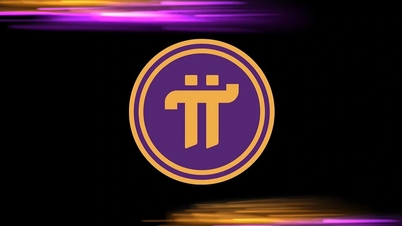







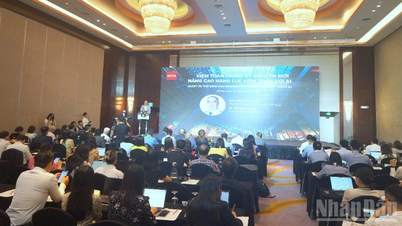

![[Video] Clarifying the concept of "basic level of hospital fee exemption" in the draft health policy](https://vphoto.vietnam.vn/thumb/402x226/vietnam/resource/IMAGE/2025/10/13/1760342539316_1760323741195-jpg.webp)

![[Photo] General Secretary To Lam attends the opening of the 1st Government Party Congress](https://vphoto.vietnam.vn/thumb/1200x675/vietnam/resource/IMAGE/2025/10/13/1760321055249_ndo_br_cover-9284-jpg.webp)
























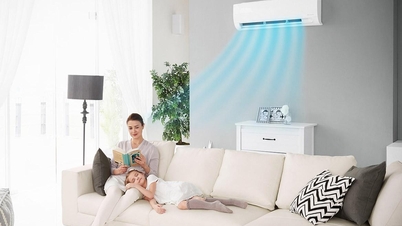



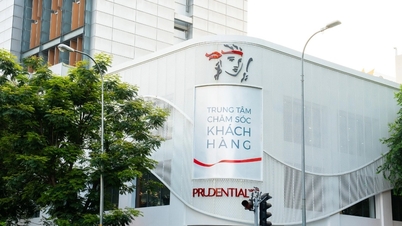
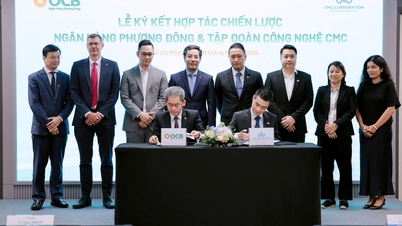








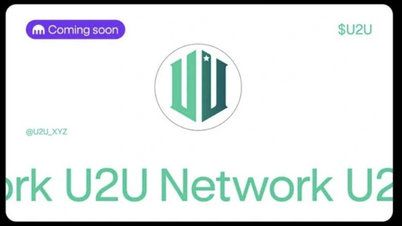










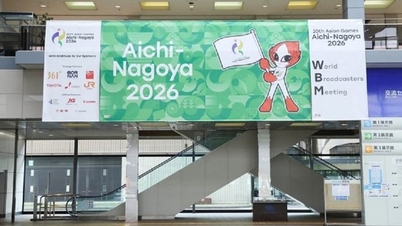
























Comment (0)